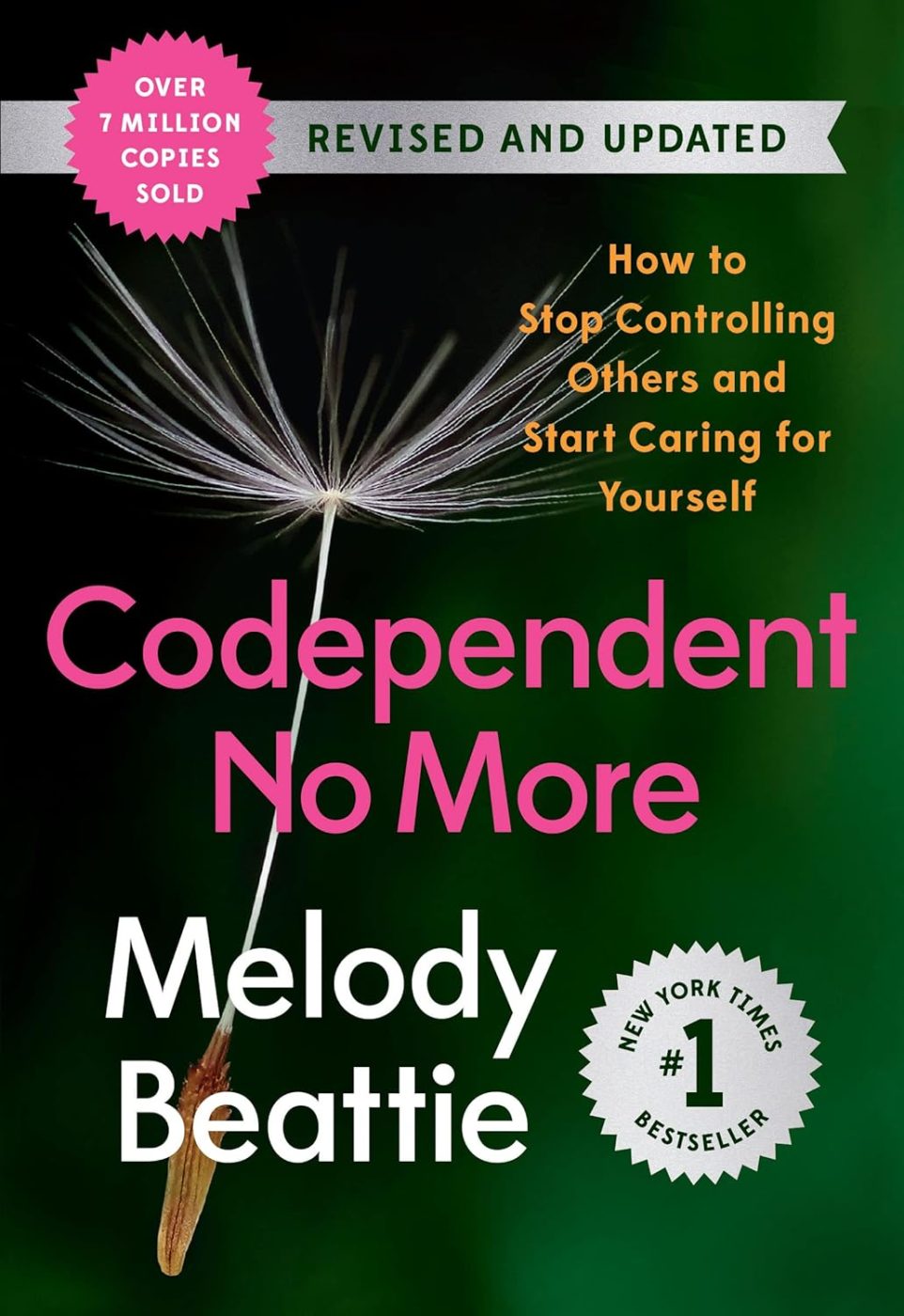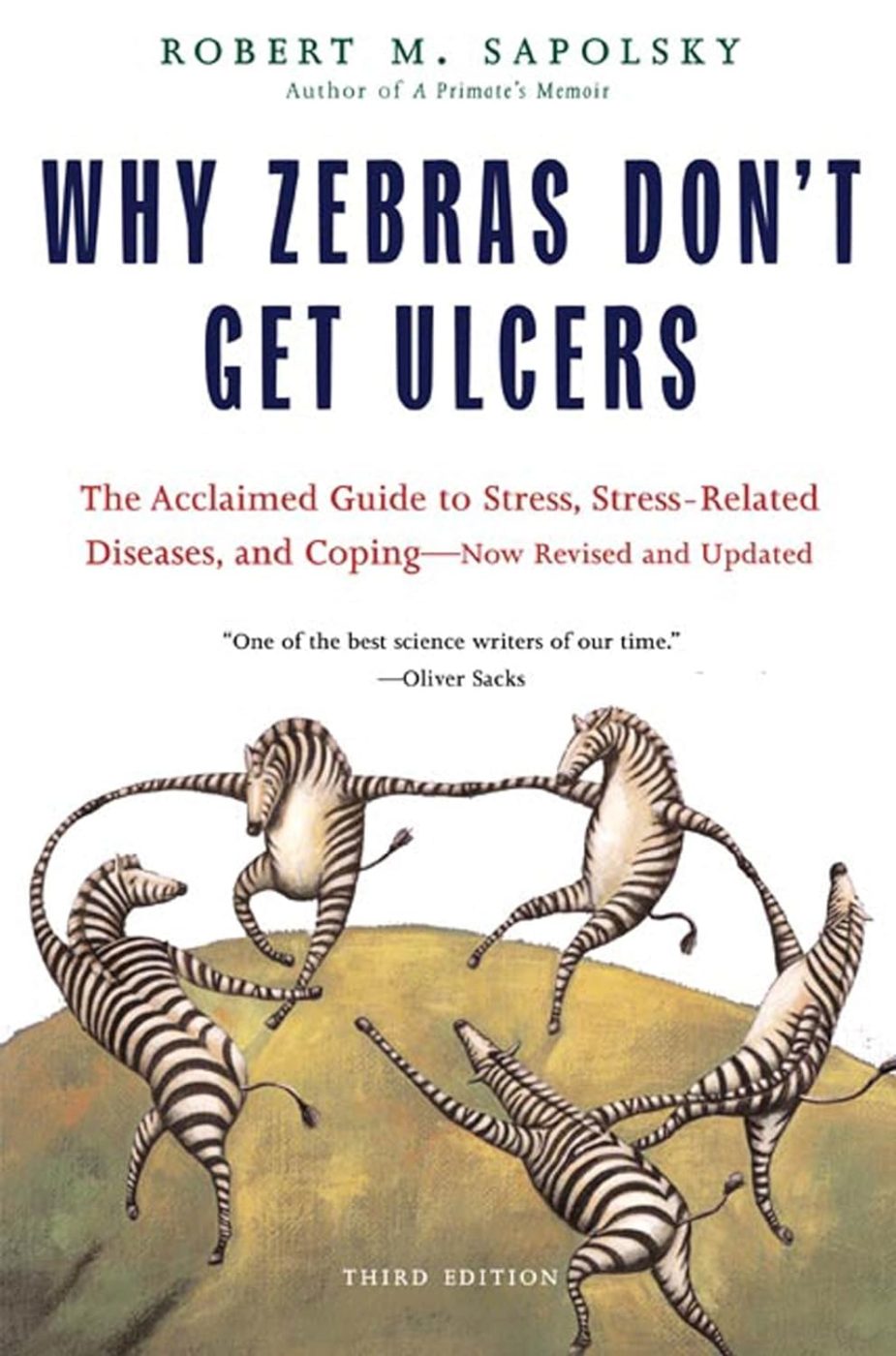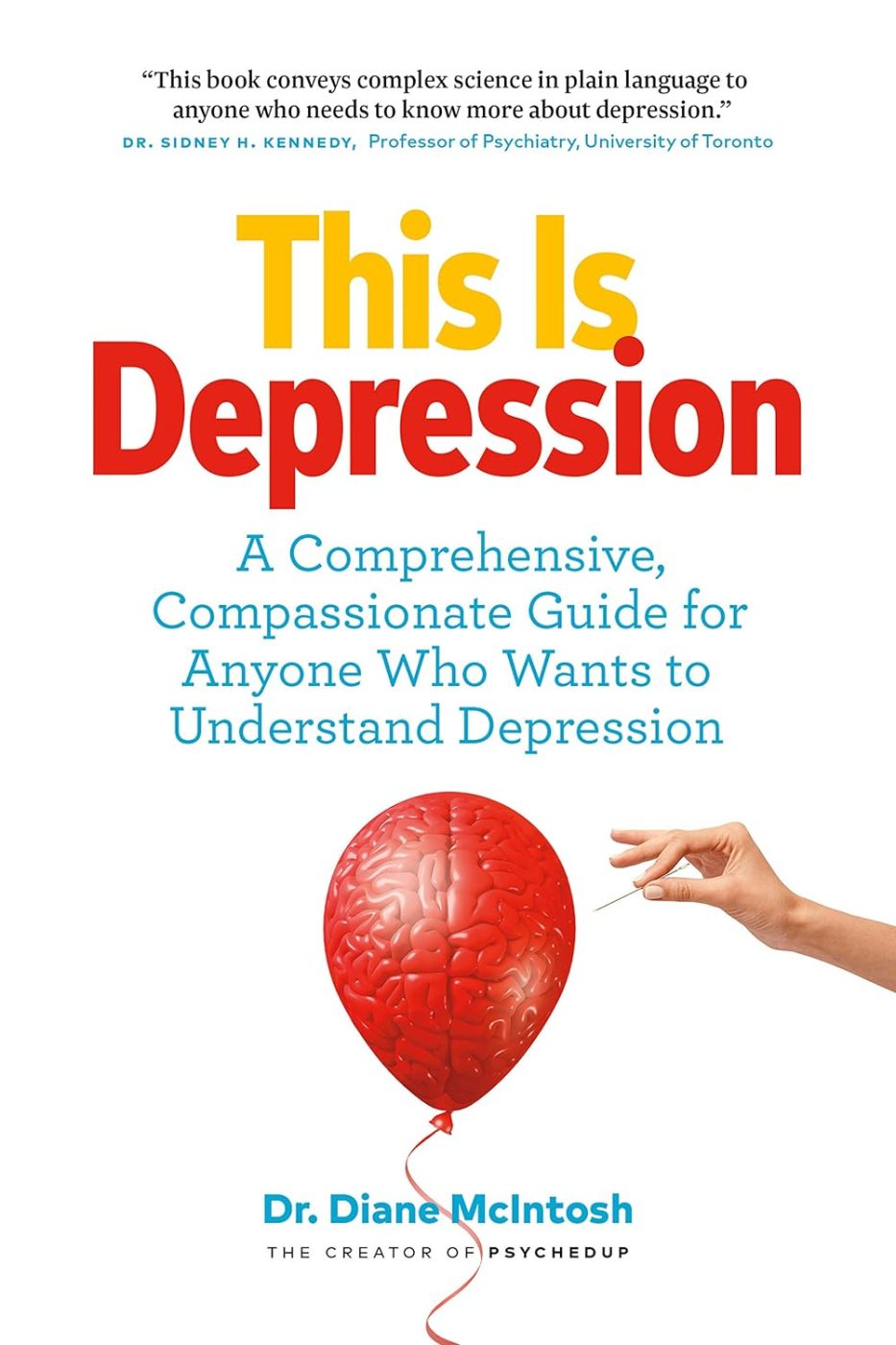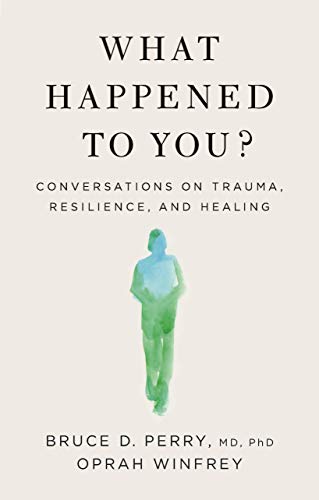Understanding and Managing Anticipatory Anxiety
Have you ever felt a surge of worry before a big meeting, doctor’s appointment, or social event? Or before a significant life transition, such as when kids return to school? That knot in your stomach, racing thoughts, or sense of dread—before anything even happens—may be anticipatory anxiety.
What Is Anticipatory Anxiety?
Anticipatory anxiety is excessive worry about future events, often imagining worst-case scenarios. While it’s normal to feel nervous before uncertain situations, this anxiety is often persistent and out of proportion. It commonly appears in people managing generalized anxiety disorder (GAD), panic disorder, or social anxiety—but anyone can experience it during stressful periods.
The Science Behind It
This type of anxiety stems from the brain’s threat-detection system. When we imagine a potential threat, the amygdala—our internal alarm—activates as if the danger is real. This can cause physical symptoms, such as muscle tension, irritability, restlessness, and disrupted sleep—even if the feared event never occurs.
Evidence-Based Strategies to Cope
There are several techniques that you can use to help manage anticipatory anxiety, or you can help your kids use them to manage their anticipatory anxiety.
- Grounding Techniques: Redirect attention to the present moment. Grounding exercises, such as the “5-4-3-2-1” technique (noticing 5 things you see, 4 you feel, etc.), help interrupt the spiral of anxious thinking.
- Cognitive Restructuring: Challenge your thoughts by asking: Is this likely? What’s the evidence? How have I coped in the past? Rooted in Cognitive Behavioral Therapy, this strategy helps replace catastrophic thoughts with realistic ones.
- Scheduled Worry Time: Designate 10–15 minutes each day for focused “worry time.” Research shows this helps contain anxiety, reducing intrusive worry throughout the rest of the day.
- Mindfulness and Breathwork: Practices like mindfulness meditation and deep, slow breathing can activate the body’s relaxation response. Just a few minutes a day can help calm anticipatory stress.
- Behavioral Activation: Avoidance keeps anxiety alive. Gently confronting the feared activity—like attending a meeting or making a phone call—can build confidence and reduce fear over time.
Your mind deserves peace—even when the future feels uncertain. If anticipatory anxiety is interfering with your life, you’re not alone. Reach out to your Vine therapist, or if you need to connect with one, email elizabethvs@vinecounselingcenter or call (773) 914-2175.












